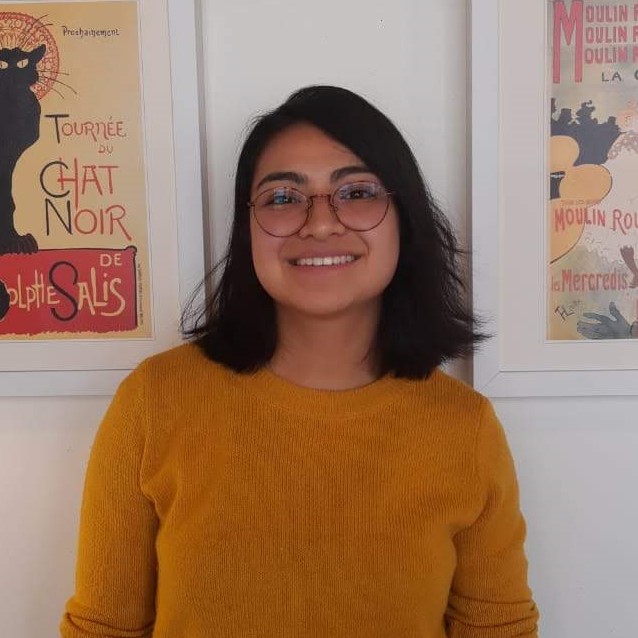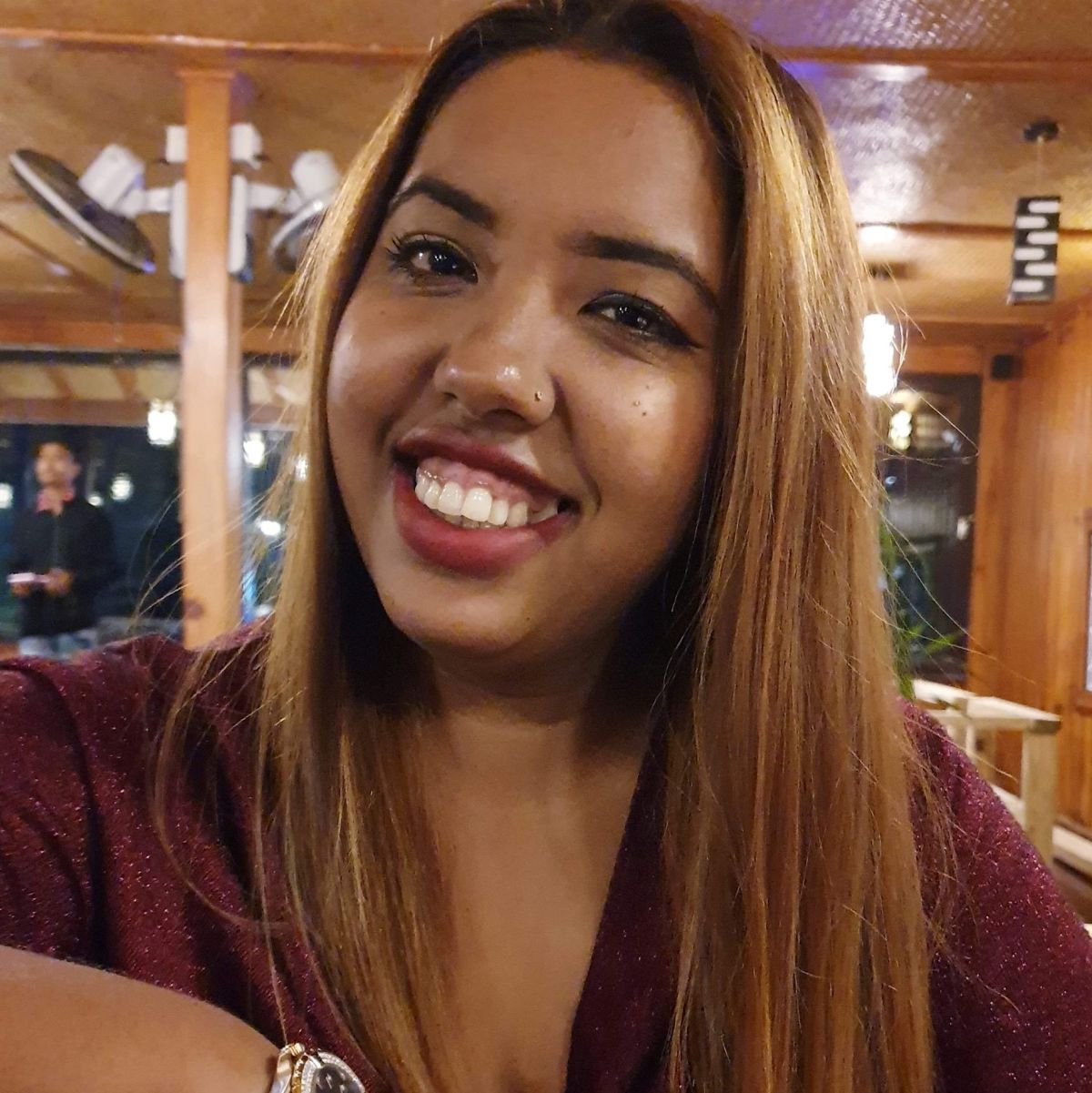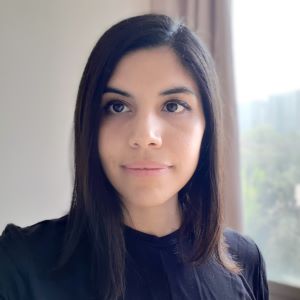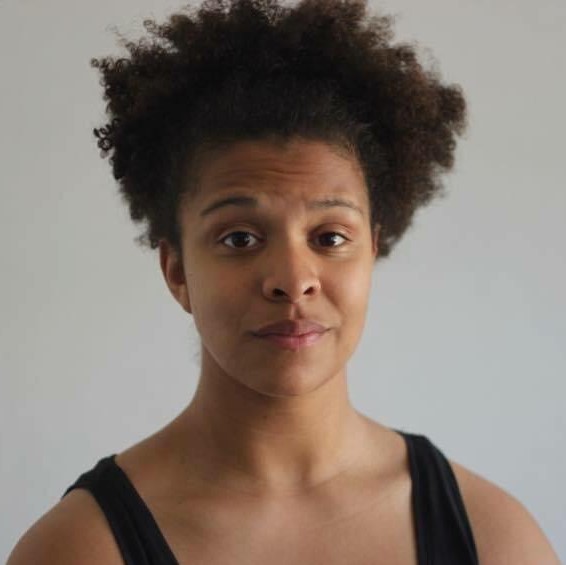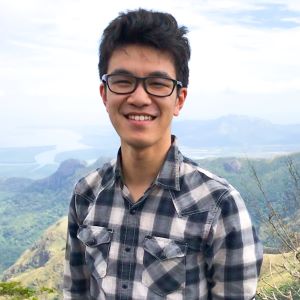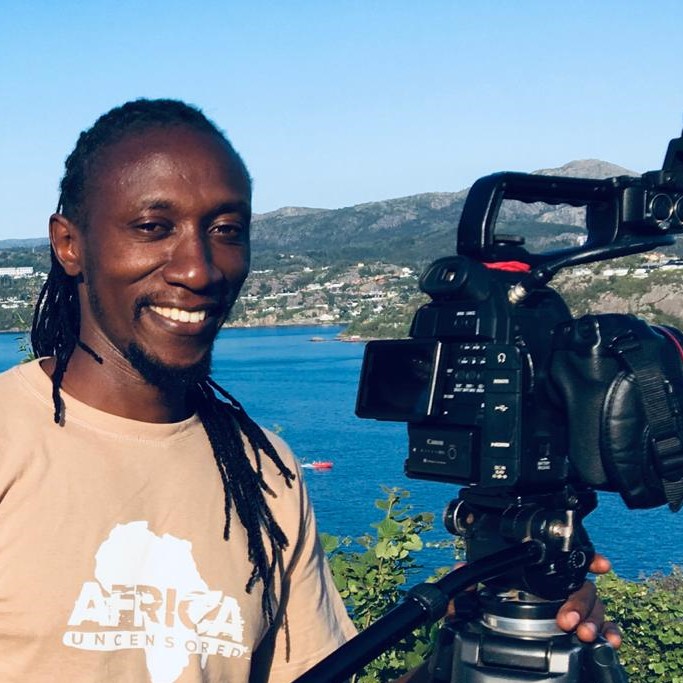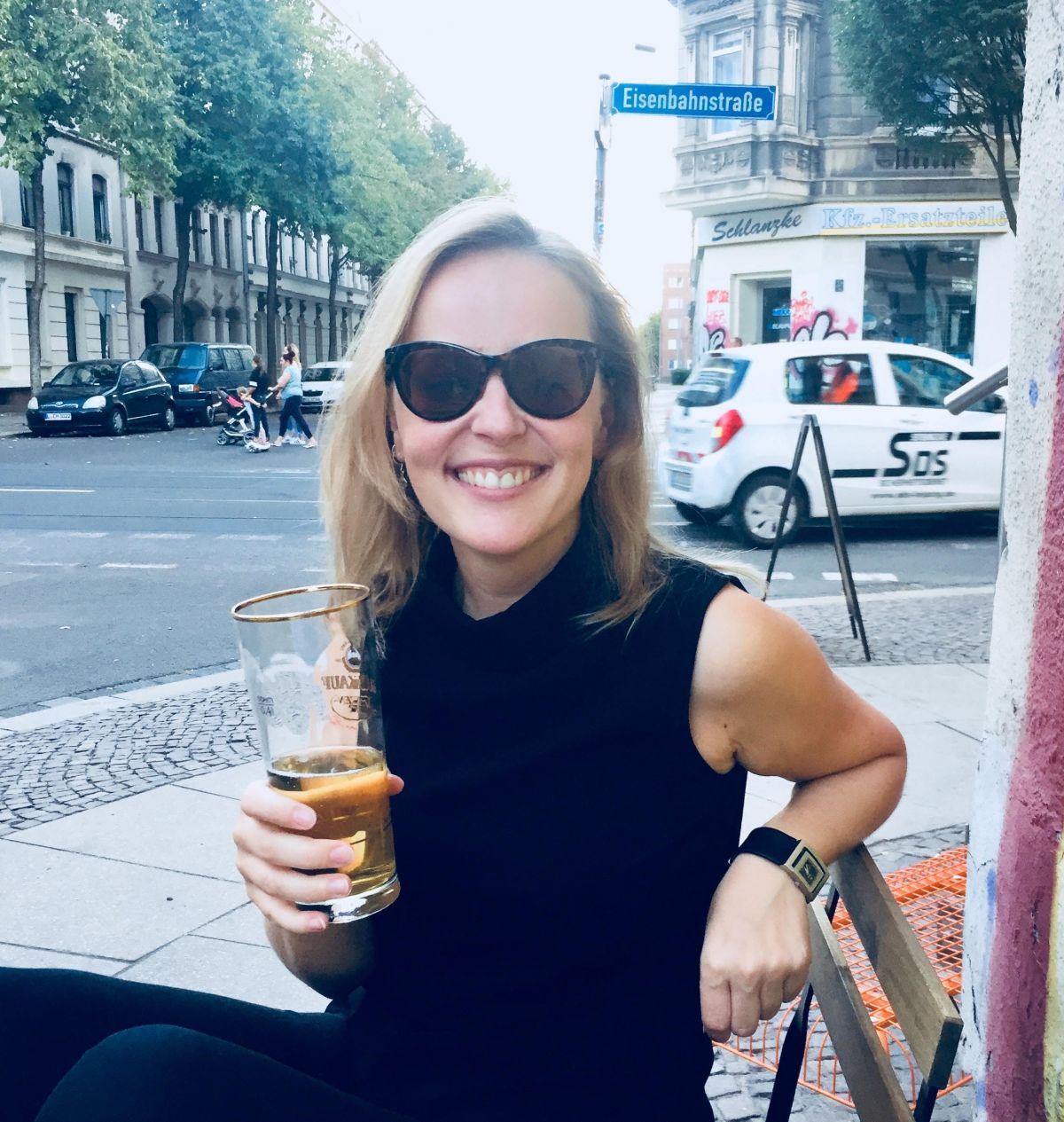Diventare Ambasciatrice della Felicità: Il Sogno di una Giovane Attivista Indiana
Dopo aver studiato all’estero, Sanjoli è giunta a un punto di svolta quando si è resa conto che la sua era una condizione privilegiata. Perciò ha deciso di tornare in India per aiutare i meno fortunati.
India, Southern Asia
Story by Sanjoli Banerjee. Translated by Maria Grazia Calarco
Published on March 8, 2022.
This story is also available in 

Nel suo celebre libro Uno psicologo nei lager [1], Victor Frankl [2] scrive, citando Nietzsche [3]: “Coloro che hanno un “perché” per vivere possono sopportare quasi ogni “come””. Riflettendo su questa citazione, posso dire che ho trovato con successo il mio “perché”. Ovvero, essere a servizio degli altri attraverso il mio lavoro, le mie scelte quotidiane e il mio attivismo. Non mi preoccupo pensando a “come” lo farò e alle sfide che incontrerò sulla mia strada.
Gli attivisti sono coloro che racimolano il coraggio per fare quelle domande complesse che la società non è in grado di porsi.
Da bambina, quando mi chiedevano cosa volessi fare da grande, rispondevo: “Voglio essere un’ambasciatrice della felicità”. Sapevo che i marchi, i prodotti commerciali e anche le nazioni hanno degli ambasciatori. Quindi, perché non il sentimento della felicità? Oggi posso dire con orgoglio che ho realizzato il mio sogno. Sono un’attivista indiana di ventidue anni e mi batto contro le ingiustizie da quando avevo quattro anni. Sebbene allora non sapessi che sarei diventata un’attivista, oggi comprendo cosa significhi l’impegno sociale e quali responsabilità porti con sé. Gli attivisti sono coloro che racimolano il coraggio per fare quelle domande complesse che la società non è in grado di porsi. In quanto attivisti, abbiamo a cuore la società più delle eventuali ripercussioni che far sentire la nostra voce può comportare. Citando Frankl, cerchiamo di capire il “come”. E sono quasi vent’anni che mi impegno a farlo.
Il mio viaggio è cominciato nel 2004, quando mi sono battuta per mia sorella prima ancora che nascesse, tenendo testa a coloro che volevano ucciderla ancora in grembo perché era una femmina. Da allora, ho combattuto molte battaglie, grandi e piccole, contro il feticidio femminile, a favore della tutela dell’ambiente, la salute mentale, l’igiene mestruale, e l’emancipazione attraverso l’istruzione. Continuo a impegnarmi nel sociale attraverso Sarthi, la mia organizzazione non governativa. [4]
Per motivi di studio, ho avuto il privilegio di vivere in tre Paesi diversi oltre all’India, e questo mi ha insegnato moltissime cose. La lezione più importante che ho imparato è che conduco una vita privilegiata. Sebbene avessi avuto più volte la sensazione di essere una ragazza con dei privilegi, il vero punto di svolta della mia vita è avvenuto quando mi trovavo a Selangor, vicino Kuala Lumpur, in Malesia, per una conferenza di Harvard. Sono andata a visitare una scuola di rifugiati Rohingya, dove ho incontrato bambini e ragazzi di età compresa tra i 4 e i 15 anni. Questi giovani vivevano in un Paese lontano da casa e gli era impedito viaggiare, mentre io nello stesso momento avevo la possibilità di visitare Paesi diversi e imparare cose nuove. Rendermi conto della mia condizione privilegiata mi ha spinto a voler condividere quello che avevo imparato con i miei connazionali meno fortunati. Con questo proposito in mente, ho preso una decisione impopolare: una volta terminati gli studi, non avrei continuato a studiare all’estero. Piuttosto, sarei tornata in India per mettermi al servizio di coloro che potevano trarre beneficio dal mio impegno sociale.
All’incirca due anni fa, ho avviato il programma ‘Susiksha’ [5], attraverso il quale miriamo a offrire una formazione completa ai bambini che provengono da realtà emarginate e a stimolare la loro creatività. Attraverso Sarthi, la mia ONG, sto anche cercando di incentivare la cultura del volontariato in India. Quando vivevo in Australia e nel Regno Unito, ho notato che molte persone di tutte le età facevano volontariato abitualmente, dedicando il loro tempo a diverse attività e associazioni. Voglio fare in modo che questa pratica si diffonda anche nel mio Paese.
Sono determinata a essere a servizio della società e del mio Paese. Credo che un potere superiore mi guidi. Ho fiducia nel processo che mi indicherà la strada e confido nel fatto che le cose, alla fine, vadano sempre per il meglio. Citando Frankl e Nietzsche: “Non mi preoccupo del “come”.
Ai giovani lettori, vorrei dare qualche semplice consiglio: 1) Cercate di scoprire qual è il vostro “perché” nella vita. E se non avete ancora trovato la risposta, continuate la vostra ricerca in modo attivo. 2) Non confrontatevi con gli altri. Ricordate che, qualunque cosa facciate, siete unici. Questo è il vostro viaggio, perciò vivetelo fino in fondo. 3) Se lavorate nel sociale, prima di sviluppare o offrire delle soluzioni, fate una valutazione approfondita delle necessità. E infine, 4) Ricordate di dare ascolto alle vostre emozioni. Magari vi capiterà di sentirvi scoraggiati e di avere voglia di mollare, ma continuate a procedere a piccoli passi e abbiate fiducia in voi stessi.
[1] https://it.wikipedia.org/wiki/Uno_psicologo_nei_lager
[2] Neurologo e psichiatra austriaco sopravvissuto all’Olocausto, dedicò la sua vita a studiare, comprendere e promuovere il concetto di “significato”. Il suo celebre libro, Uno psicologo nei lager, racconta come riuscì a sopravvivere all’Olocausto trovando un significato personale nella prigionia e come questo gli diede la forza di volontà per sopravvivere.
[3] Filosofo e critico tedesco, pubblicò attivamente tra il 1870 e il 1880. È celebre per la sua critica intransigente alla morale e alla religione tradizionale europea, ai concetti filosofici convenzionali e alla fede sociale e politica associati con la modernità.
[4] L’organizzazione no-profit fondata nel 1992 dai genitori di Sanjoli. https://www.ngosarthi.org/
How does this story make you feel?
Follow-up
Do you have any questions after reading this story? Do you want to follow-up on what you've just read? Get in touch with our team to learn more! Send an email to [email protected].
Talk about this Story
Please enable cookies to view the comments powered by Disqus.
Subscribe to our Monthly Newsletter
Stay up to date with new stories on Correspondents of the World by subscribing to our monthly newsletter:
Other Stories in Italiano
Explore other Topics
Get involved
At Correspondents of the World, we want to contribute to a better understanding of one another in a world that seems to get smaller by the day - but somehow neglects to bring people closer together as well. We think that one of the most frequent reasons for misunderstanding and unnecessarily heated debates is that we don't really understand how each of us is affected differently by global issues.
Our aim is to change that with every personal story we share.
Community Worldwide
Correspondents of the World is not just this website, but also a great community of people from all over the world. While face-to-face meetings are difficult at the moment, our Facebook Community Group is THE place to be to meet other people invested in Correspondents of the World. We are currently running a series of online-tea talks to get to know each other better.












